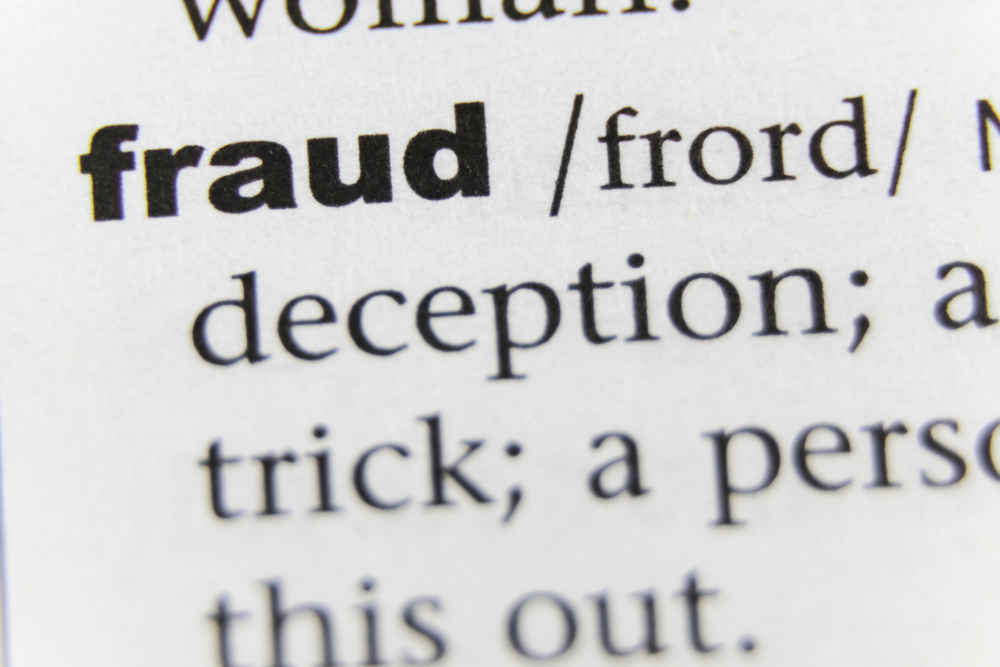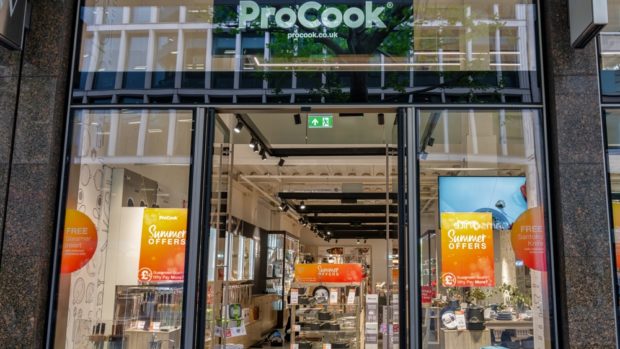
Over a third of all internet shoppers believe committing fraud against brands online is entirely legitimate.
Research commissioned by a fraud prevention provider Ravelin, reveals many consumers have a shockingly brazen attitude to fraud, with 37 per cent saying they see nothing wrong with taking advantage of loopholes or gaps in retailers’ policies for their own gain.
A quarter (25 per cent) believe this type of behaviour is a victimless crime, with 27 per cent of respondents believing that fraud helps level the playing field against companies inflating their prices.
For 16 per cent of those polled, friendly fraud is a legitimate way to help with the cost of living crisis and similar numbers (17 per cent) are unworried about being caught.
Almost a third (32 per cent) say there are celebrities and online influencers encouraging this type of behaviour.
However, many of those surveyed firmly believe friendly fraud is wrong and should be punished. Almost half say perpetrators should face harsher punishments (48 per cent), and more than a quarter (27 per cent) believe publicly naming and shaming people would help bring fraud under control.
Interestingly, 52 per cent of consumer fraudsters believe that dishonest behaviour pushes up the prices for everyone – and yet these behaviours prevail. Almost a quarter (22 per cent) say brands make it too easy for people to rip them off.
Ravelin CEO Martin Sweeney said: “We’ve been taken aback by quite how brazen some people are in their attitudes and behaviours when it comes to friendly fraud. It’s telling that a significant proportion of fraudsters think retailers themselves enable the practice.
“Retailers must strike a delicate balance between facilitating sales and minimising fraud risks, but it’s clear from our findings that many don’t get it right. One size fits all fraud approaches need to be replaced with data-driven approaches that learn and evolve in response to new patterns of behaviour.”
Bigger retailers most at risk
Certain types of merchants are much more at risk from consumer fraud than others with big brand retailers the most likely targets, according to Ravelin’s research.
Large supermarkets are the most at risk, with over a third of consumer fraudsters (39 per cent) saying they are happy to target them.
A quarter (29 per cent) of consumer fraudsters see high-street brands as legitimate targets. Just under one in five (19 per cent) would take advantage of food delivery apps.
On the other hand, purpose-driven brands and social enterprises are least at risk, with only 6 per cent of consumer fraudsters agreeing they are likely targets. Family-led businesses are also less at risk, and are likely to be targeted by only 7 per cent of consumer fraudsters.
Bringing consumer fraud under control
Half of those polled believe more checks and security at checkout are needed. And a quarter believe better processes around vouchers and returns will help to reduce the lure of fraud.
Nearly half (48 per cent) say harsher punishments are needed, and nearly a quarter (22 per cent) say better communication from brands would help reduce the issue. One in five consumers (21 per cent) believe blacklisting offenders would be a good deterrent.
Martin Sweeney added: “It’s positive to see that many consumers are open to the idea of more checks and security to reduce the impact of friendly fraud. For brands, the challenge is implementing these measures while keeping the customer experience as frictionless as possible.”
Ravelin polled over 6,000 adults across the UK, France, and Germany and found that vast numbers of consumers of all ages regularly commit fraud.








Share